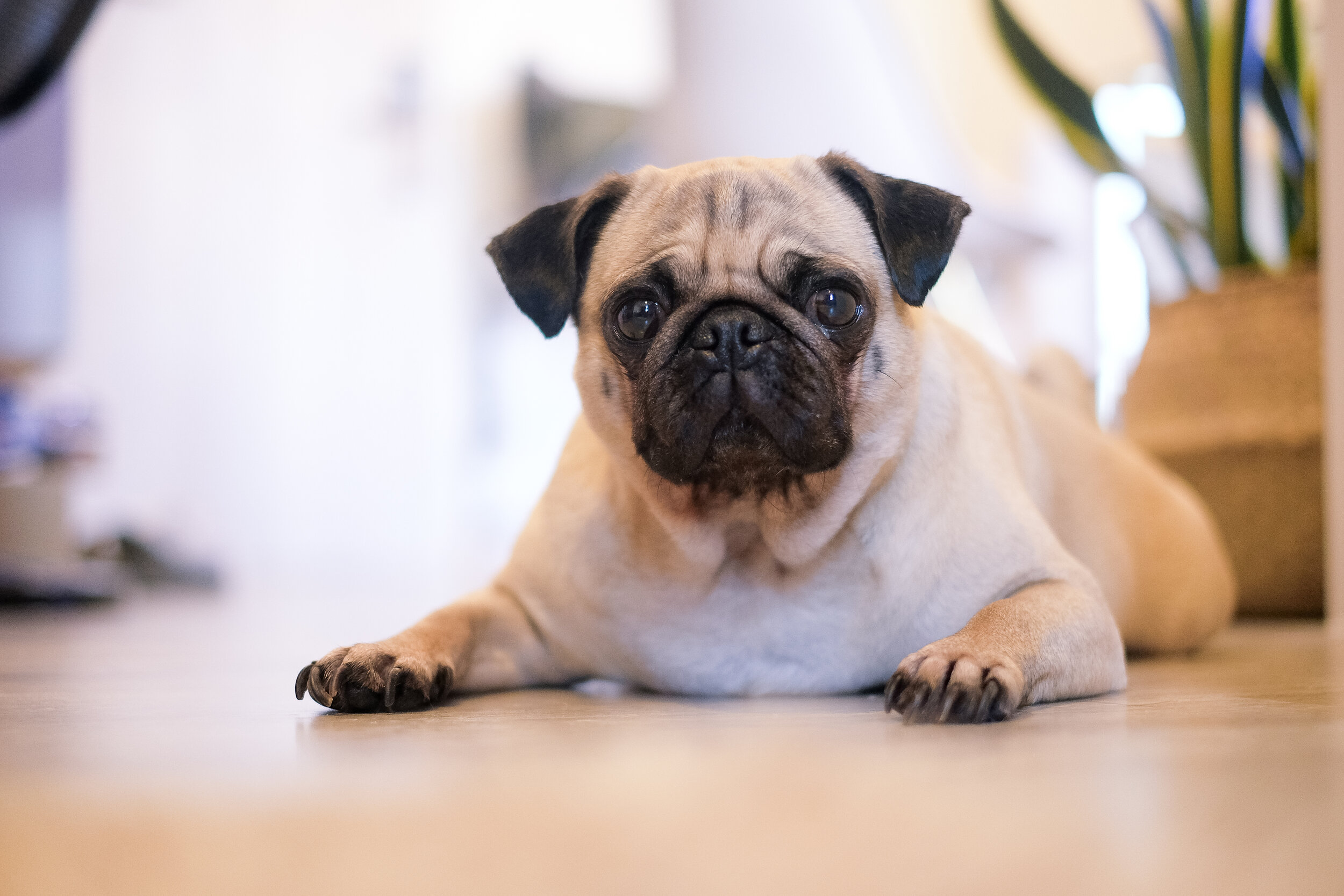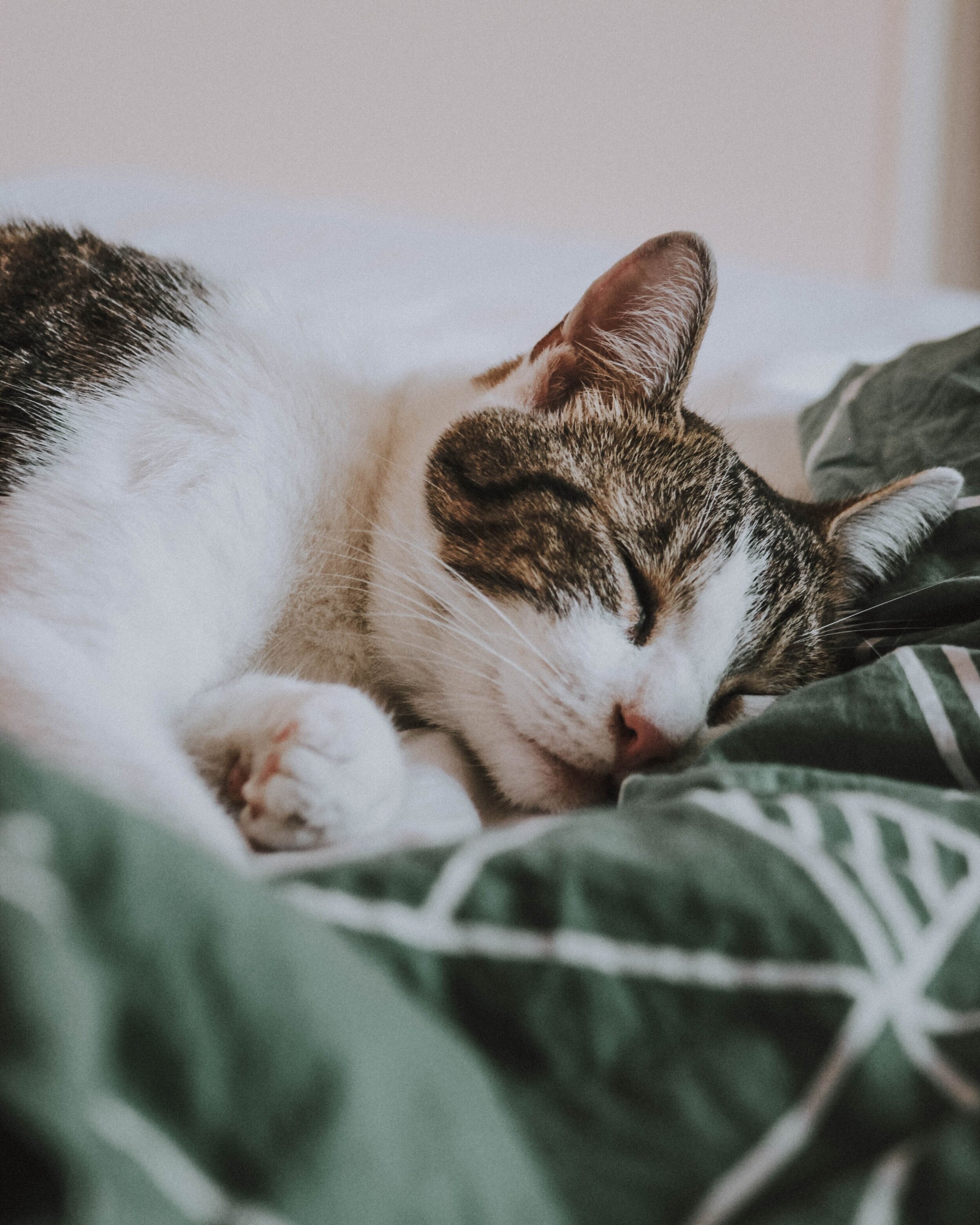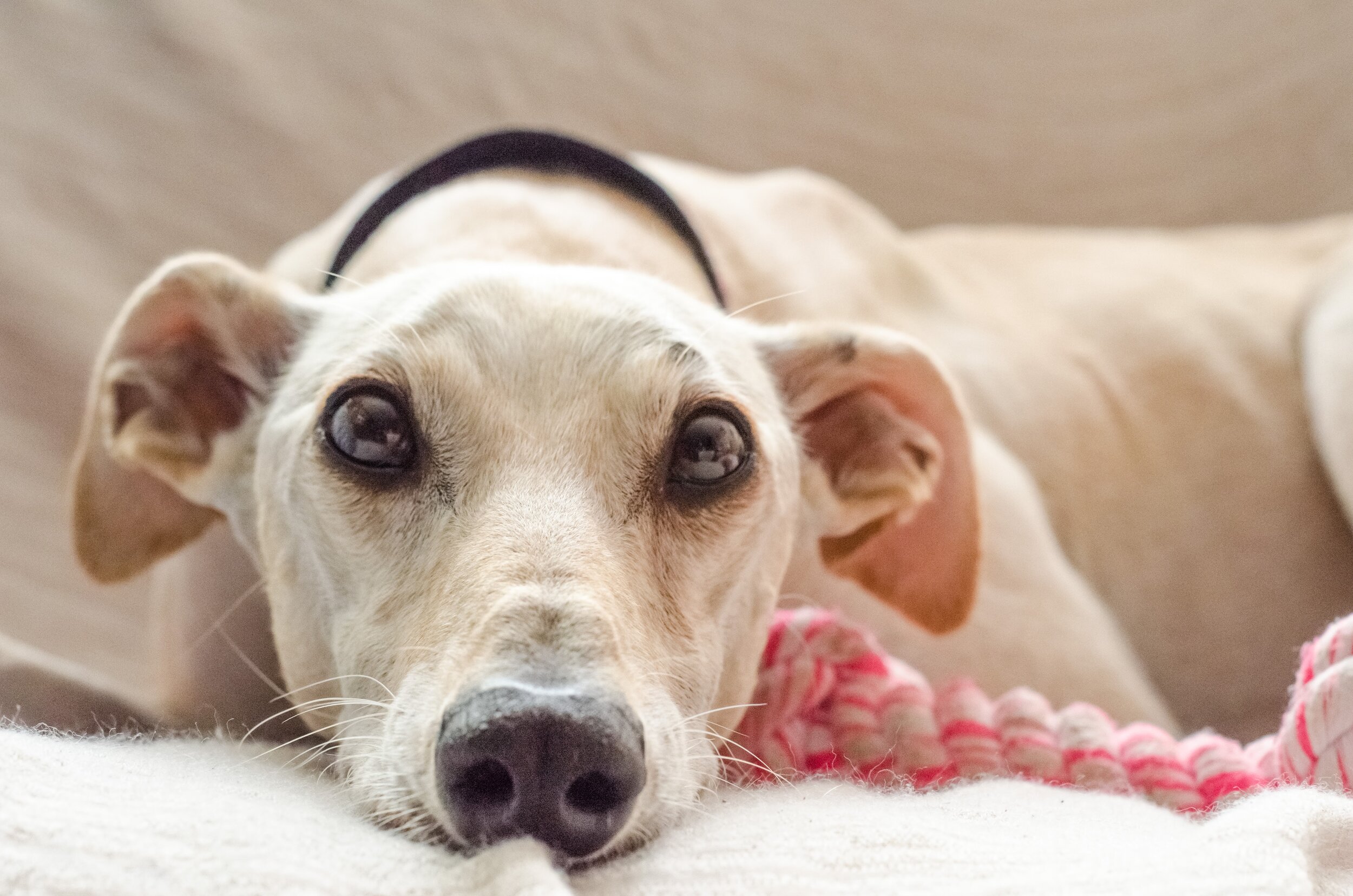Vomiting and diarrhoea aren’t a comfortable topic for humans so it can be difficult dealing with these issues with our beloved pets. Luckily we have some information on how to deal with these uncomfortable situations so your pet (and you) can start feeling better soon.
Vomiting
Why do pets vomit?
Pets may vomit because they have eaten too fast, snacked on something disagreeable or munched on too much grass. Vomiting is a natural way for pets to purge items they feel cannot be digested. In these instances your pet normally vomits once and then continues on with normal bowel movements and eating habits.
However chronic, acute or sudden vomiting can also be a sign of something more serious such as swallowing foreign objects, eating something toxic, internal parasites, food allergies, heat stroke and disease conditions.
Most of these conditions are treatable, especially if they are addressed early. The majority of these issues causing chronic, acute or sudden vomiting will not go away so its important to seek veterinary attention to treat the cause.
When is it time to see the vet?
“If your pet is vomiting multiple times in a day or more than one day in a row, it is important to get in touch with your vet“.
You should also seek veterinary attention if your notice any of the following symptoms with your pets vomiting:
Blood in vomit or stools
Loss of appetite
Diarrhoea
If your pet is a puppy or kitten
Vomiting with other symptoms such as fever, panting, lethargy
Abdominal pain
Suspected foreign body or poison ingestion
Pale or white gums
If your pet displays any of these symptoms or if you are unsure if your pet’s vomiting requires further attention, please get in touch with us on 03 8784 4444.
Useful information to tell your vet
Its important to inform your vet of anything that you are aware of that could have contributed to your pet’s condition. Some useful information to provide your vet can include:
How often your pet is vomiting
What & when was their last meal
What their vomit looks like
If your pet also has diarrhoea or any other symptoms
Suspected foreign body or poison ingestion
Diarrhoea
Why do pets get diarrhoea?
Diarrhoea is loose, watery bowel movements that may occur frequently or with a sense of urgency. Diarrhoea is a common pet problem, but can also be caused by more serious health issues. Some of the common causes of diarrhoea in pets include:
Dietary indiscretions (snacking on something disagreeable)
Sudden change in diet without transition period
Dietary allergies or intolerances
Parasites
Foreign body or poison ingestion
Bacterial or viral infection
Illness or disease
Antibiotics or medications
Anxiety or stress
When is it time to see the vet?
“If your pet has diarrhoea and is a puppy, kitten, senior or if they have a pre-existing health condition its important to get in touch with your vet“.
These pets can become severely debilitated from fluid and nutrient losses even with mild diarrhoea. You should also seek veterinary attention if your notice any of the following symptoms with your pets diarrhoea:
Diarrhoea that lasts for over 48 hours
Black tarry stool or bloody diarrhoea
Won’t drink
Loss of appetite
Lethargy
Vomiting
Fever
Abdominal pain or discomfort
If your pet displays any of these symptoms or if you are unsure if your pet’s diarrhoea requires further attention, please get in touch with us on 03 8784 4444.
Many mild cases of diarrhoea can be resolved quickly with simple treatments. Others may be the result of a more serious illness and a series of tests may be required to make a specific diagnosis and develop treatment plan.
Ways to prevent diarrhoea
There are a number of ways to try and prevent your pet from getting diarrhoea:
No sudden changes in your pets diet
Don’t give your dog bones as toys (firm, rubber chew toys are a better alternative)
Don’t let your pet play with small objects that could be accidentally swallowed
Don’t feed your pet table scraps
Try to prevent your dog from scavenging
Keep your pet up to date with vaccinations and parasite control
It can be difficult to see your pet with an upset stomach or feeling unwell. If you have any concerns about your pets health, please call us on 03 8784 4444.








